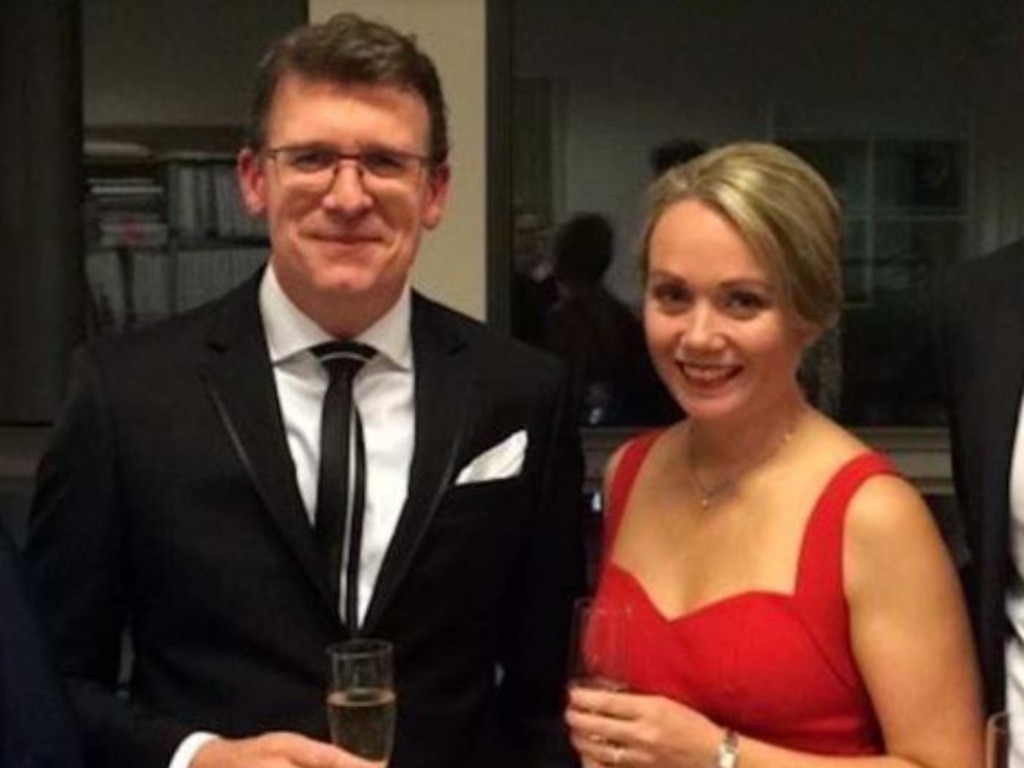Most Australians keep part of their identity from workplace for fear of discrimination
Almost two in three of us don’t feel comfortable sharing their “true selves” at work, with age being the most common concern.

Two in three Australians feel they need to hide part of their identity at work, a new study finds, with the most common concern being age.
The survey found 18 per cent of Australian workers would not disclose how old they were in the workplace, followed by culture (16 per cent), religion (15 per cent), sexual orientation (13 per cent) and disability (13 per cent). Despite the efforts of organisations to improve diversity and inclusion in the workplace, the numbers are worsening, the findings reveal.
Fewer people feel they can be their true selves at work now than two years ago, with Covid-19 at least partly responsible, experts say.
Sixty-five per cent of people say they feel a need to hide a part of themselves at work, up from 47 per cent in 2019, according to the YouGov survey of more than 2000 Australians taken in January.
Among minority groups, three in four LGBTQI+ workers say they are likely to hide part of their identity from their workplace, the same proportion as people with a physical or mental disability.
A year ago, it was 71 per cent for LGBTQI+ workers and 64 per cent for those with a disability, the survey, commissioned by global hiring platform Indeed, finds.
Among LGBTQI+ workers who say they aren’t able to be their true selves at work, two in three say they aren’t comfortable disclosing their sexuality.
For those with a disability in the same position, 44 per cent say they wouldn’t reveal their condition. The proportion is higher for those with a non-physical disability (50 per cent) than a physical disability (37 per cent).
Encouraging workplace diversity and inclusion should enable staff to feel comfortable expressing themselves at work, but while 73 per cent of working-age Australians feel they can speak their mind in the workplace, it is just 63 per cent for those whose first language is not English.
Diversity and inclusion expert Cathy Ngo said the results showed Australian workplaces had some distance to go in achieving greater diversity and inclusion, and Covid-19 had not helped. “The pandemic has seen diversity and inclusion efforts going backwards,” Ms Ngo said. “For many organisations, and their staff, the last couple of years has been about survival and keeping your job.
“So for workers, that might mean hiding something of themselves rather than speaking out, and for employers it has meant those workplace programs taking something of a back seat,” she said.
Ms Ngo said both young and old people may feel reluctant to admit their age at work. “Older workers may do it because they are trying to fit in or don’t want to be seen as bad with tech, which is often an untrue stereotype. And younger people worry they may be seen as lacking experience.”
She said programs on diversity and inclusion would not be successful in the workplace unless the organisation’s leaders set the culture.








To join the conversation, please log in. Don't have an account? Register
Join the conversation, you are commenting as Logout